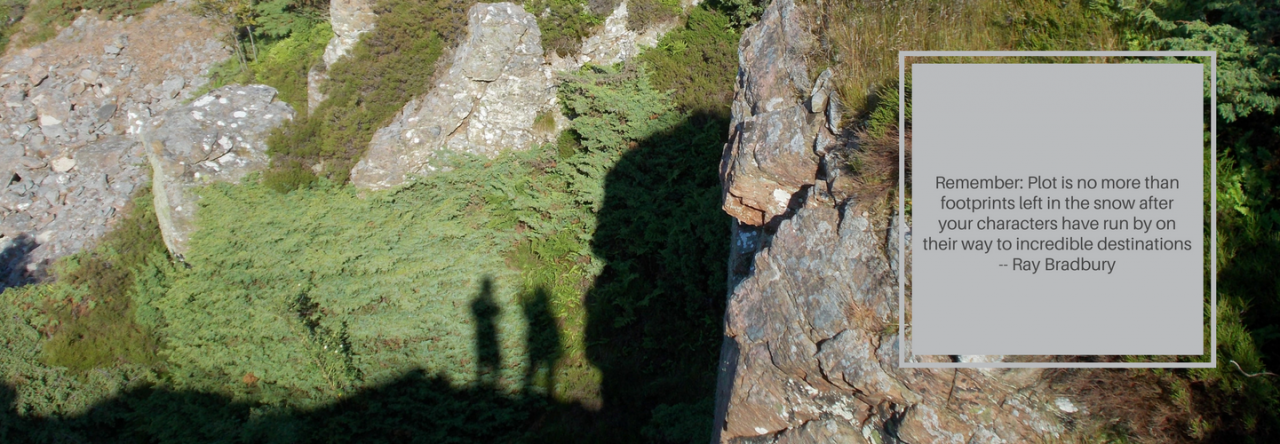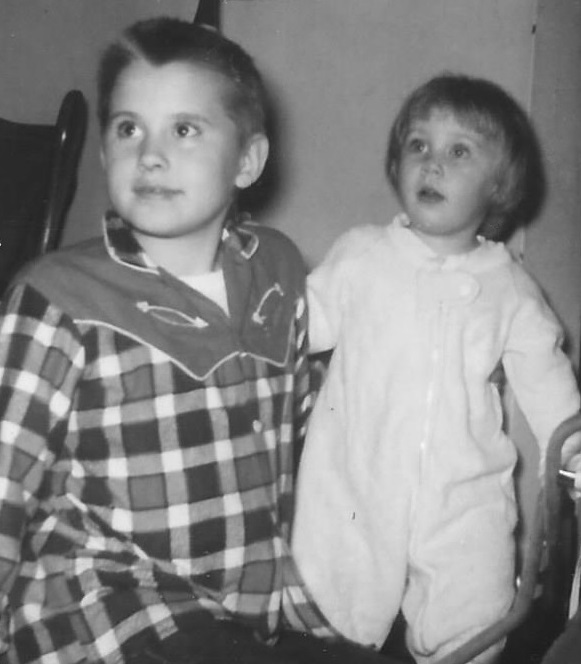The answer is yes. I don’t even know you, but that’s the answer. Still, if you’re curious about this infrequent phenomenon or need convincing, read on.
I’m fresh off back-to-back writing workshops/conferences, and I’m geeked and inspired and feeling pretty much like an expert, so I’ll share what I’ve learned for anyone wondering if a writer’s conference is for them.
What a Writer’s Conference isn’t
I stopped going to professional conferences while a grad student in the last century–literary presentations by academics at places like the Folger Shakespeare Library and the Newberry Library. New Historicism textual studies were just taking off and I always came home, my messenger bag stuffed with xeroxes of Shakespeare’s quartos or the title page of some Marlowe play whose illustration I’d colored in out of mild boredom.
I never mingled well afterwards, either, preoccupied as I was with whether there was a run in my unaccustomed-pantyhose or if I’d spill the *&%# punch. Everyone was there to impress everyone else and I could barely walk in high heels. I’ve been to weddings with less ambient tension. I confess, it was about the third time I started ducking out of the presentations in order to check out the awesome museums nearby that I realized I probably didn’t have a future in this particular field.
What you can expect
Well, a writer’s conference is nothing like academia. I’m less shy; others are more at ease to begin with. You could get away with jeans if you look nice; business cazh if you’re pitching an agent. We the attendees speak up more at the talks; we’re there to meet other writers, too, and the organizers know it. Getting to know each other is actively fostered. There is still that charge of excitement running through: many writers are going to pitch sessions throughout the day, those speed-dating table hops where you have ten minutes to try to sell your novel and hook an agent. You see those folks who are pitching off in corners through the day, nervous, silently practicing their 250-words-or-less.
And appropriately, many of the talks address how to craft the perfect pitch or the perfect query letter, for those of us unpublished and looking for agents to guide us through the exacting and competitive world of publishing. Most of the speakers are Real Live Agents, too, the faces on the other end of the monster-scary query letter, but you’ll also find authors speaking and signing their books. Still other sessions may discuss a particular genre or some other aspect of writing and publishing in the 21st century. Your fellow attendees will represent virtually every age group and level of experience, from newbie NaNos to published authors.
Book nerds are in heaven.
Born too early
I am so freaking envious of young writers in the internet age! Time was I wrote long-hand in notebooks in a vacuum; today you have an entire internet community to teach you the craft, to discuss popular books with, to bounce ideas off of. Every tiny aspect of writing a novel is discussed in some forum somewhere: how to name characters and “build worlds” consistently, when you need to do a little research, or when your protagonists won’t vacate your dreams at night. You can learn online how to navigate the worlds of self-publishing or traditional publishing and where and whom to query.
You can write and transmit your story digitally to beta readers you also find online (infinitely better than running your story past friends and relations) without ever getting the entire thing printed out only to find a typo on p.26 and that the pagination went sideways on p.49. Ditto for querying the agents: in cyber-world you can always fix the mistake, and “free” is so much easier than marching a heavy package with your double-spaced, single-sided manuscript down to the post office and paying postage over and over again through the nose.
And when you need a real live comrade in the trenches, the internet can hook you up with local NaNo write-ins or writer’s groups or the occasional writer’s conference. I’ve spent very little money on this whole endeavor of becoming a novel writer again: bought a laptop, a couple of flash drives, and my own domain for this blog. The writer’s conference will become, for you, the exception.
Money well-spent
The conferences aren’t free, and often neither are the pitch sessions, but there’s a whole lot at a writer’s conference that makes it worth the expense. You might spend $100-200 on a local (state) conference, and even more on a national one–plus the expense of travel and accommodations–but no reason you can’t stick with local.
Finding other writers near you and especially practically doubling your number of Twitter followers overnight when you promote each other after the conference is already money well-spent. And following these folks will keep you in the loop on future writer-related events in your part of the world.
Meeting agents, either in the sessions or while pitching them, is probably the most valuable take-away of the writer’s conference. You can read online twenty or thirty times how to interact with an agent and get your query noticed, but it doesn’t really sink in until the genuine article tells it to your face. You get a better appreciation for what their job entails–and what your own job as a writer is.
On the one hand, you’re writing for an extremely competitive market, and your job is to show how your work is fresh and worth-the-agent’s-while to try to sell, and to do it in a few short words, maybe only 250 of them. But on the other hand, your work is valuable: it is, after all, what publishers need, and they are looking for it. And it’s not a lottery; it is possible to do your research online and know what’s selling, what publishers want, and what agents are looking for. (Search tweets for agents’ #MSWL – “manuscript wish list”.)
What does it mean to pitch an agent face-to-face?
Larger conferences might include a couple of free pitch sessions with the different visiting agents, but at the Michigan Writing Workshop it was $29 for 10 minutes with an agent; at Rochester Writers Conference it was $50 for 15 minutes.
Your actual pitch only takes about two minutes! The rest of the time is valuable one-on-one time with professional feedback, whether or not you’re asked to query later. But do research the agent you request (this has to be done ahead of time, at registration)–not all agents represent the genre or audience you’re selling to.
YOU DON’T HAVE TO SIGN UP FOR A PITCH SESSION! Unless your manuscript has been through a couple rounds with betas and several revisions, and probably also a professional free-lance editor (another necessary and worthwhile cost), you’re not going to be ready when that agent says, “E-mail me the entire thing! I’m interested!”
Or you may, like me, have been practicing writing a query because (BONUS advice) it’s a good way to focus your novel’s core points and locate the fluff, and you want to practice your practice query on a pro before you send it out in a written query, and that’s all right, too.
You don’t even have to have a finished (started?) novel
So you show up for the conference with no agent appointments–even better, you won’t have to be a bundle of nerves till the pitch is over! You can sit back and relax and socialize when you can. You may have heard you should bring author business cards to a conference, but that’s an expense you certainly don’t have to pay if you’re not ready. The word is, those cards are more for trading with other authors than they are for the agents anyway–but as long as you jot down Twitter handles, that’s all you really need to keep in touch.
Make sure you know if there will be coffee or not–because if there isn’t, well, you’re a writer and the caffeine withdrawal headaches will ruin your day. One of my conferences included no sustenance at all; the other provided a light breakfast AND lunch. So you can’t assume.
Of course, you’ll also want to suss out parking, how long to get to the conference, and all the usual. Have a pen and a notebook (when do you not?) and soak up the wisdom from agents and colleagues. Usually there are multiple sessions/topics going on so you have to choose the one you most want (you don’t have to sign up or reserve or anything), but wandering in an out isn’t at all frowned-upon, especially since some folks have a pitch scheduled.
Lastly, you may want a watch. At lunchtime I discovered I had a dead phone, the hotel lobby was huge and no clock, and I had a pitch in a couple hours!! I awkwardly had to keep asking various folks until it was very nearly time, when I sat near enough the agent I could tell when she was ready for me. That was a bit of added stress I didn’t need before my very first agent encounter. (My novel wasn’t done, it isn’t cut down nearly enough, but I was asked to query her.)
Google “writing conference” and your state or region, or ask around. There may be a shot of enthusiasm waiting for you one day soon.
All-righty, maybe I’m not the expert yet! Have you been to a conference or two, or more? Please share your advice or your juicy conference story in a comment!
HistoReWriter: the Once and Future Scribe














